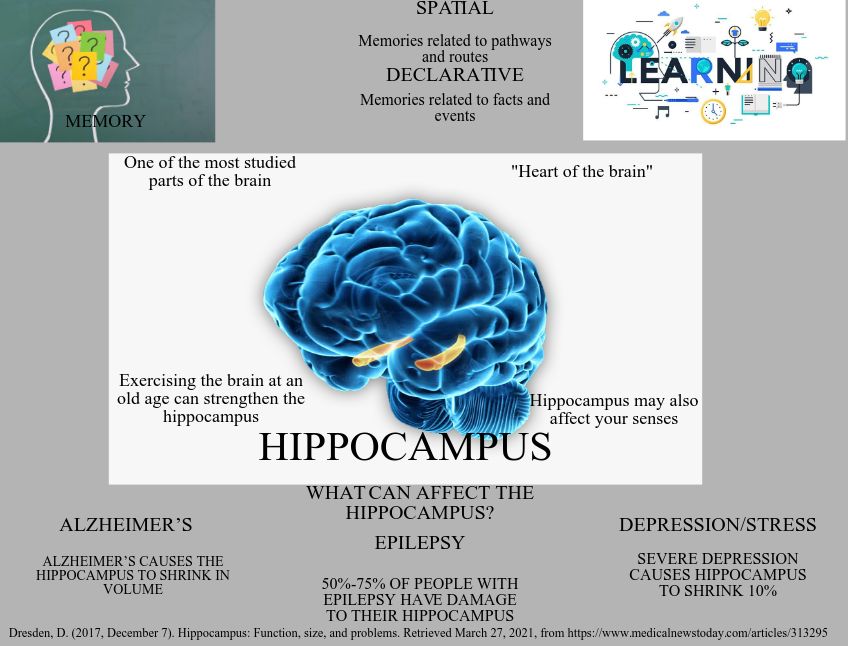We probably all know a “Debby Downer” or “Negative Nigel,” with rarely a good thing to say and more often than not, complaining of one thing or another. Everyone has bad days when they are prone to gripe about their pet peeves, but chronically negative people are not only miserable to be around, they are afflicted with a harmful psychological attitude, and it is highly contagious. You need to be able to recognize them, make sure you are not one of them, and be able to protect your positivity while dealing with them.
While it is great to be compassionate and try to boost others’ spirits, in some cases you would have to be a trained psychologist or a professional life coach to affect any change in these people. If you’re not up for that challenge, or if you’ve tried to no avail, you may want to limit your exposure to their negative energy. Pessimistic people are like a contaminated well. If you don’t have a top-notch filter, you’re liable to get poisoned.

Understanding the pessimist
Negative people can be incredibly challenging and draining. They have a victim mentality that constrains their view of life to that of a losing battle not worth getting excited over. In other words, they don’t dare to hope, for fear of disappointment.
If someone has few friends, there’s a good chance they have repelled potential pals with their negative attitude, or they might dislike people in general; either way it is a red flag for you.
Since they seldom experience it, negative people think happiness is overrated. They relish in bad news instead, and look for the darkness in even the brightest situations. “Misery loves company,” as they say, and negativity sows the seeds of unhappiness everywhere. The trick is to not let them germinate.
Success
You are now signed up for our newsletter
Success
Check your email to complete sign up
Very negative people have a special shade of cynicism that renders everyone else stupid, useless, or suspect. They may think they have the answer to your problems and expect you to listen to their advice. The problem is, their understanding is clouded with bitter resentment. While they may present their evaluation with full confidence, you need to be discerning; their assessment may be way off.
There is a reason behind everything. Negative people may have a troubled past or an actual mental disorder. If they are receptive to kindness, by all means, try to lift them up. If they greet kindness with mistrust, lash out at you for no apparent reason, or are influencing your decision-making through manipulation; you can probably find better ways to spend your time.
One needs to want to change oneself before others can help him or her change. If you reject them, they are bound to feel “validated.” Let them have that satisfaction without accepting any guilt. When they are ready to change, they can approach you with a better attitude.
Real effects of negativity
We live in a world where bad news is sensationalized at an increasing rate. Not only is there 24-hour coverage from all manner of sources, news is “emotionalized” to improve audience ratings. While it is good to know what is going on in the world, the heightened emphasis on negative possible outcomes of any situation, or “scaremongering” is psychologically damaging.
Research has shown that exposure to bad news contributes to stress, anxiety and depression. A study of participants exposed to negative, positive, and neutral news bulletins showed that negative news led to greater worry and a tendency to catastrophize unfortunate events, turning them into problems much worse than they actually were. Exposure to death, violence, and tragedy can also trigger symptoms of post-traumatic stress disorder (PTSD).

A study on the effects of negative emotions found that negative brain activity can weaken the immune system, and increase the susceptibility to disease, strokes and heart attacks. According to Dr. Travis Bradberry, neurons in the hippocampus—where reasoning and memory take place in the brain—are compromised by negativity, thus affecting one’s intelligence and the ability to think.
Positive ways to deal with negative people
As a general rule for most problems, it is wise to start with yourself. If you recognized any of the above character traits as your own, it’s time to make a change. Try looking for the positive aspects of everything you encounter. Practice mindfulness, and start replacing negative thoughts with hope, gratitude, and serenity. Eventually you may come to a place where negative people no longer have the power to shake your positive field.
If you have already let negative people affect you to the point where you are experiencing depression, hopelessness, and low self esteem, you may need to detox in order to retrieve your positivity. As much as possible, cut the negative forces (including chronic critics, social media, and even the news) out of your life while you recuperate. You might be surprised at how quickly anxiety and sadness whither away when they are not fed.
Just like flight attendants tell you in airplane safety demonstrations to put your own oxygen mask on before assisting others, you need to have a solid supply of positive energy before you can begin to help a pessimist. Surround yourself with positivity—inspirational reading, cheerful friends, and activities that give you a sense of purpose—to build up an immunity to negativity.
Protect your positive nature
By observing yourself, you will become aware of how much negativity you can handle. Some people are more sensitive than others. Set limits based on your tolerance. It may be necessary to avoid the worst offenders, but distancing yourself from the people who drag you down isn’t always an option.
For the unavoidable negative acquaintances, set boundaries.
When they begin complaining, criticizing others, or telling you what to do, politely excuse yourself if their negativity is more powerful than your positivity. It is not rude to walk away from a barrage of negative commentary and complaints. Everything you hear or read requires time and energy to process, and you have the right to focus on things that you value.
Chronic complainers talk about their problems as an invitation to join their negative party. RSVP “no thanks,” and ask them instead how they intend to solve the problem. Even if they don’t have a ready answer, you will have planted a positive seed. If they have serious issues, you might suggest they talk to a therapist.
Some negative people thrive on conflict, and use hateful words to incite anger. Remember that their mentality is the real problem, and it’s neither necessary nor helpful to engage in an argument to prove it. Let them show their nature and dismiss their negative commentary as not worth listening to.
READ ALSO:
- Self-Compassion – To Nurture Empathy Start With Yourself
- Laughter Is the Best Medicine – and It’s Contagious
- Self-Help Tips To Tackling Negative Thoughts
If you have a loved one who is negative, the problem becomes more personal, but it still doesn’t have to be your problem. Know that they are probably suffering emotionally. Try to find out where the pain is coming from and do your best not to be the cause of it. Give them your empathy, without accepting their baggage as your own.
Help those you can
While trying to help a negative person can be frustrating and draining, you will want to make the effort for those who are important to you. Acts of kindness are hard to reject, so try being extra thoughtful towards them. Surprise them with a gift, or send a card to let them know you care. Show them an open and trusting nature, and they may learn that it’s okay to be vulnerable.
Good listening is a skill and a gift. If you can show them that you understand their problem, that might reduce their need to dwell on it. Should you become inspired by a helpful idea, share it—it just might be the very thing to lift them out of a rut. If they choose to reject it out of principle, at least you tried.
Introduce humor and levity. Smiles and laughter are contagious, and free! Give them out liberally and you may eventually be rewarded with a smile—concrete evidence of your positive influence.
Remember, however, that their happiness is not your responsibility. If your efforts are fruitless and you find it impossible to stay positive around them, let it go before it becomes a burden. Rather than entering their negative world, you can rejoice that you are not like them.













